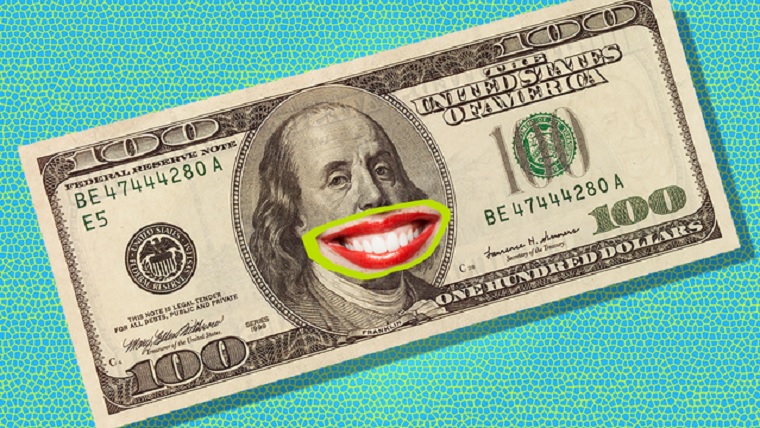“It’s not that rich people don’t have problems,” Jachimowicz says, “but having money allows you to fix problems and resolve them more quickly.”
In another study, researchers presented about 400 participants with daily dilemmas, like finding time to cook meals, getting around in an area with poor public transportation, or working from home among children in tight spaces. They then asked how participants would solve the problem, either using cash to resolve it, or asking friends and family for assistance. The results showed:
- People lean on family and friends regardless of income: Jachimowicz and his colleagues found that there was no difference in how often people suggested turning to friends and family for help—for example, by asking a friend for a ride or asking a family member to help with childcare or dinner.
- Cash is the answer for people with money: The higher a person’s income, however, the more likely they were to suggest money as a solution to a hassle, for example, by calling an Uber or ordering takeout.
While such results might be expected, Jachimowicz says, people may not consider the extent to which the daily hassles we all face create more stress for cash-strapped individuals—or the way a lack of cash may tax social relationships if people are always asking family and friends for help, rather than using their own money to solve a problem.
“The question is, when problems come your way, to what extent do you feel like you can deal with them, that you can walk through life and know everything is going to be OK,” Jachimowicz says.
In another recent paper, Jachimowicz and colleagues found that people experiencing financial difficulties experience shame, which leads them to avoid dealing with their problems and often makes them worse. Such “shame spirals” stem from a perception that people are to blame for their own lack of money, rather than external environmental and societal factors, the research team says.
“We have normalized this idea that when you are poor, it’s your fault and so you should be ashamed of it,” Jachimowicz says. “At the same time, we’ve structured society in a way that makes it really hard on people who are poor.”
For example, Jachimowicz says, public transportation is often inaccessible and expensive, which affects people who can’t afford cars, and tardy policies at work often penalize people on the lowest end of the pay scale. Changing those deeply-engrained structures—and the way many of us think about financial difficulties—is crucial.
After all, society as a whole may feel the ripple effects of the financial hardships some people face, since financial strain is linked with lower job performance, problems with long-term decision-making, and difficulty with meaningful relationships, the research says. Ultimately, Jachimowicz hopes his work can prompt thinking about systemic change.
“People who are poor should feel like they have some control over their lives, too. Why is that a luxury we only afford to rich people?” Jachimowicz says. “We have to structure organizations and institutions to empower everyone.”- Harvard Business Review
(103 VIEWS)


